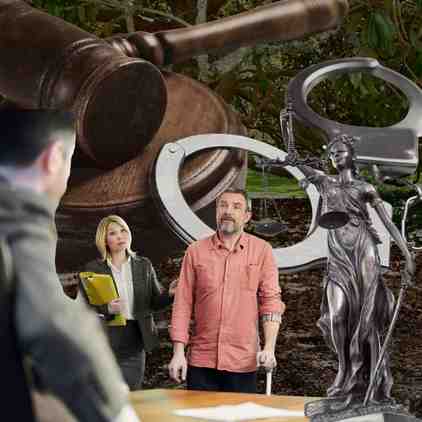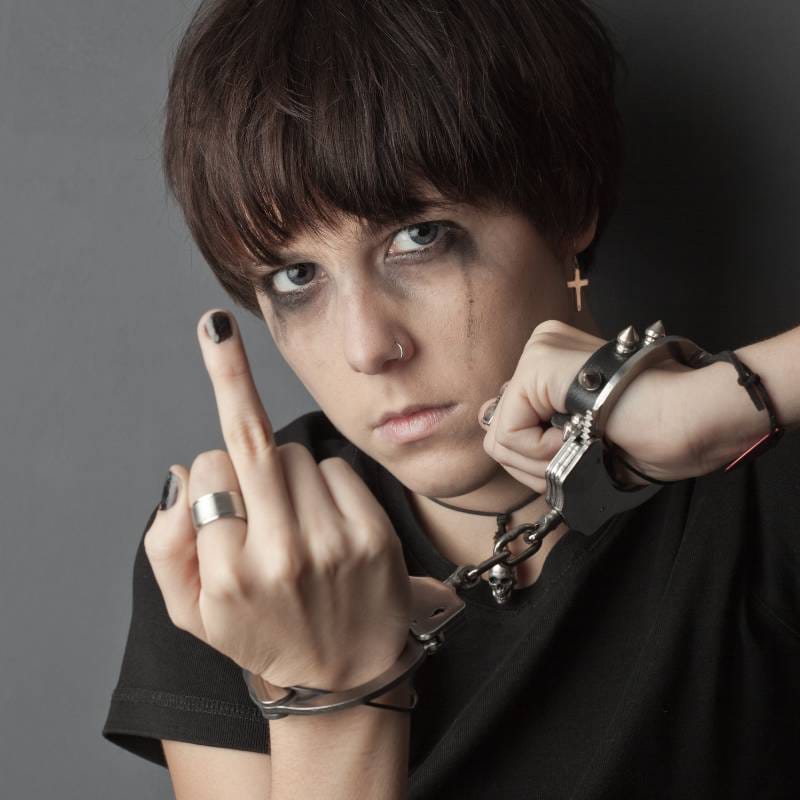
The role of Defense attorneys in the juvenile justice system in Pakistan is crucial to ensuring that young individuals facing legal charges are treated fairly and receive the protection they are entitled to under the law THE JUVENILE JUSTICE SYSTEM ACT, 2018. Additionally youth justice lawyers are essential advocates for minors, ensuring they are not subjected to adult penalties or harsh punishments.

A. A. Dewan & Co., a leading law firm, understands that facing legal trouble as a juvenile can be an incredibly stressful and confusing experience for both the young person and their family. The juvenile justice system is complex, and the consequences of criminal charges can be life-changing, especially for minors who may not fully understand the legal process.
Our team of experienced defense attorneys specializing in juvenile justice provides guidance, representation, and advocacy every step of the way, ensuring that your child’s rights are protected and that they receive a fair chance at a positive future.
The Juvenile Justice System in Pakistan refers to the legal rules and processes used to handle young individuals (usually under the age of 18) who have been accused or convicted of criminal offenses. Unlike adults, juveniles are not subjected to the same criminal justice system and instead face separate proceedings tailored to their age and unique needs.
A skilled defense attorney specializing in juvenile justice is essential to ensure that young offenders receive a fair trial and appropriate legal representation. The goal of the juvenile justice system is not only to punish but also to rehabilitate, guiding young individuals towards positive behavioral changes while recognizing the developmental differences between minors and adults.
The following offenses, though varying in seriousness, highlight the critical need for early intervention and rehabilitation within the juvenile justice system. A defense attorney specializing in juvenile cases understands that addressing the root causes of such behavior at an early stage is essential. Early intervention can help prevent future criminal activity and guide young individuals toward positive development, ensuring they receive the support and guidance they need to avoid further legal issues.
Our defense attorneys provide comprehensive legal representation for juveniles facing a wide range of criminal charges, including:
If your child is accused of committing a crime, such as theft, assault, or vandalism, we will provide a vigorous defense to protect their rights and prevent unjust penalties.
These are offenses that apply only to juveniles, such as truancy, running away, underage drinking, or curfew violations. While these offenses are less serious, they still require legal attention to avoid long-term consequences.
Drug-related offenses are common among juveniles, and they often require a unique approach. We advocate for rehabilitation and treatment options instead of harsh punitive measures, recognizing that young people are still in the process of developing and may benefit from programs designed to prevent future offenses.
In cases involving more serious charges, such as assault or robbery, our team works to ensure that the juvenile receives appropriate legal representation while advocating for rehabilitative sentencing options. Furthermore our Defense attorneys always ready to fight to keep young offenders out of adult court whenever possible.
Even if your child has been convicted of a crime in the past, it may be possible to have their juvenile record sealed or expunged. We help families explore this option to give your child a second chance at a clean slate and a brighter future.
If your child has been convicted and you believe the outcome was unjust, we can help with appeals, post-conviction relief, or modifications to sentences, ensuring that they have the best possible chance for a fair resolution.
Navigating the juvenile justice system can be intimidating for both minors and their families. However, our firm is here to guide you through each phase of the process, which typically includes the following steps:
The first step is gathering information and assessing the facts of the case. Furthermore our defense attorneys will work with investigators, family members, and other professionals to understand the context of the situation and the minor’s background.
If your child is detained after being charged, there will be a hearing to determine whether they should remain in custody or be released on bail or under supervision. In addition our Defense attorneys will represent your child’s best interests at this hearing.
The adjudication process is similar to a trial, but without a jury. It is conducted by a judge who will determine whether your child committed the alleged offense. Furthermore we will present evidence and arguments in your child’s defense, challenging the prosecution’s case where appropriate.
If your child is found guilty, a disposition hearing will take place to determine the appropriate sentencing. Additionally the judge may order probation, community service, counseling, or placement in a juvenile detention facility. We will fight for alternatives that focus on rehabilitation rather than punishment.
If the outcome is unfavorable, we may file an appeal to a higher court or seek a post-dispositional review to modify the sentence, especially if new evidence or circumstances arise.
Because uur attorneys / Lawyers specialize in juvenile justice cases. Additionally we offer a compassionate, client-centered approach, taking the time to understand the individual circumstances surrounding each case. Whether your child is facing minor charges or serious allegations, we provide:
Juvenile justice laws differ significantly from adult criminal laws. Moreover our Defense attorneys have a deep understanding of the specific statutes and legal procedures that apply to minors, ensuring that your child receives appropriate legal treatment.
With years of experience in handling juvenile cases, our team is skilled at navigating the complexities of the juvenile justice system, including court procedures, detention hearings, and the rehabilitation programs available for minors.
Our ultimate goal is to protect the future of your child. We work to secure outcomes that emphasize rehabilitation and education over incarceration, including alternative sentencing options such as diversion programs, counseling, and community service.
Every case is unique, and we take a tailored approach to each situation. We carefully evaluate all aspects of the case, including the minor’s background, the nature of the offense, and the surrounding circumstances, to craft a strategy that best serves the juvenile’s future.
We understand how personal and emotional these cases can be. Our team offers a supportive, confidential space where families can feel safe in discussing their concerns and making informed decisions.
“Ahmed Ali Dewan & Co. is a trusted law firm specializing in intellectual property, criminal law, family law, and corporate law. We provide expert legal services tailored to your needs, offering professional guidance in complex legal matters. Contact us today”